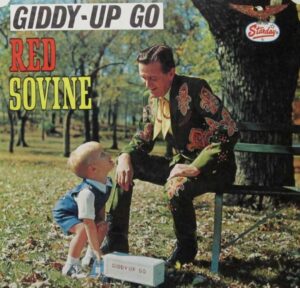In this series, we look at the steps and missteps involved in obtaining and maintaining your CDL.
Well, look at that! You have your CDL! Congratulations!
It’s been what seems like a long ride since you first had aspirations of being a truck driver; in some cases, it was a lifelong quest.
Now that you’ve achieved it, what’s next?
Depending on how you were trained, your path may already be paved — or you might have to do some job searching.
If you attended a carrier truck driving school, you’ve probably signed on with that carrier to drive for a specific period of time. Be sure you fulfill your commitment. Otherwise, your carrier may come back on you expecting to be reimbursed for your training — that’s something that could cost you $15,000 or more.
You’d be well-advised to complete your required period of employment.
If you attended an independent truck driving school or were trained elsewhere, one of two things will probably — or has already — happened.
First, your training establishment may have relationships with various carriers already.
These carriers will recruit graduates of your training program, and that includes you.
Be ready, because a trainer might be aligned with several carriers, all of which have different incentives to lure you to join them. Consider everything: payment per mile; promises of weekly mileage; bonuses for achieving stated goals; safety incentives; and fast-track training to make you eligible for higher paying long-hauls.
On the other hand, if you don’t want to be a long-haul driver, some carriers can offer regional or local jobs, dedicated routes, port routes and even inner-city driving jobs. Make a list of what is important to you and your family, listen closely to the various offers and pick the job that’s right for you.
However you obtain your first trucking job, your carrier will have additional training for you — an orientation, if you will.
This will include familiarization with the carrier’s policies and procedures, direct training in the carrier’s equipment, along with a host of other carrier-specific information.
Pay close attention.
There is no guarantee that the equipment you trained in will be the same your employer uses. You need to be as familiar with your carrier’s equipment as you are with your own passenger vehicle. And don’t forget to follow those ELD procedures just as you are trained.
Lack of an understanding of the ELD system can bring your career to a slow-down in a hurry.
Remember, especially early in your career, you don’t want to develop a reputation as a “job hopper.”
Of course, if you get into a job situation and discover it’s not right for you, by all means look for an alternative. No one wants you to be trapped in a career of misery.
It can impact both you as a driver and your carrier’s reputation. But don’t be one of those drivers whose resume bounces from carrier-to-carrier and makes it look like you’re never happy anywhere. That’s a red flag for recruiters. All carriers want drivers who will sign on and remain with them for a long period. It’s less costly for the carrier in terms of recruiting, and good retention statistics make the carrier more attractive to other recruits.
So, you are now a truck driver!
You’ve entered a great profession, and many opportunities will open for you in the coming years.
Go forward and make your life — and the world — everything you ever wanted it to be!
To find truck driving schools in your area, click here.
This is the final installment in The Trucker’s “So, you want to be a truck driver” series.
Since retiring from a career as an outdoor recreation professional from the State of Arkansas, Kris Rutherford has worked as a freelance writer and, with his wife, owns and publishes a small Northeast Texas newspaper, The Roxton Progress. Kris has worked as a ghostwriter and editor and has authored seven books of his own. He became interested in the trucking industry as a child in the 1970s when his family traveled the interstates twice a year between their home in Maine and their native Texas. He has been a classic country music enthusiast since the age of nine when he developed a special interest in trucking songs.











